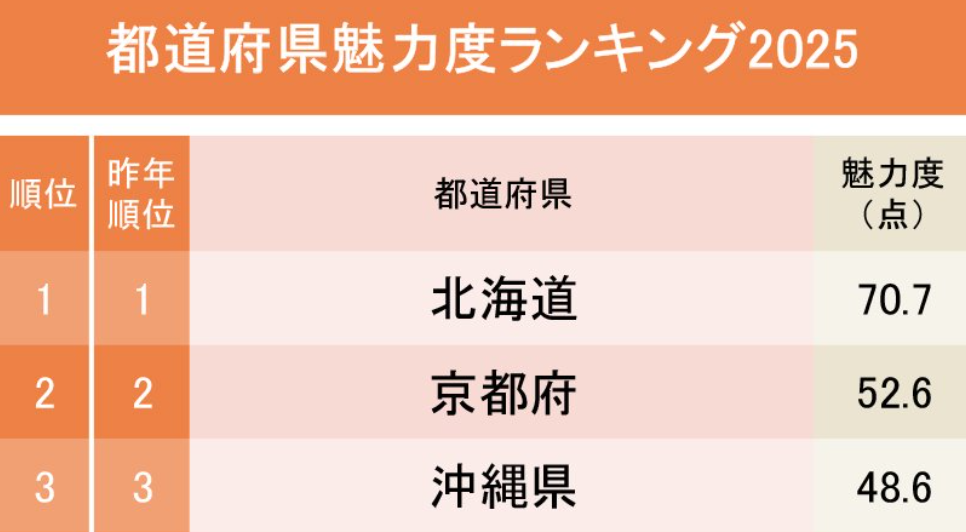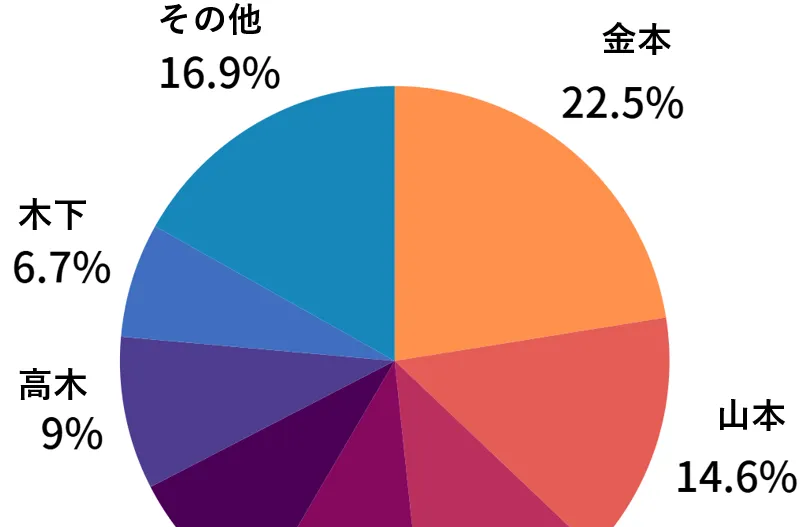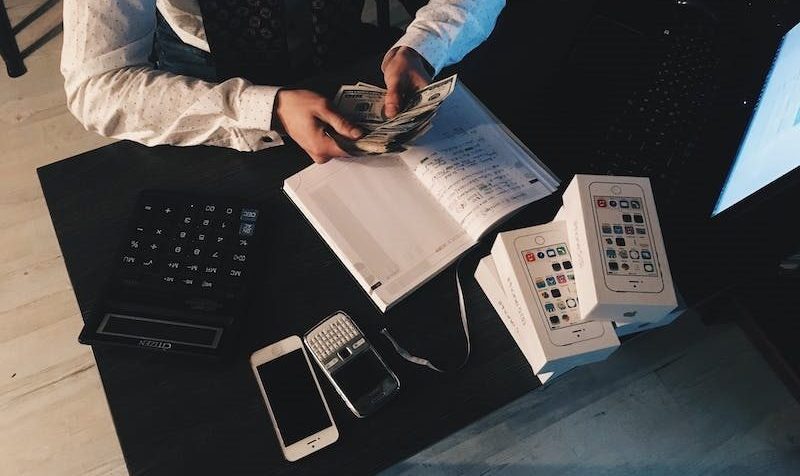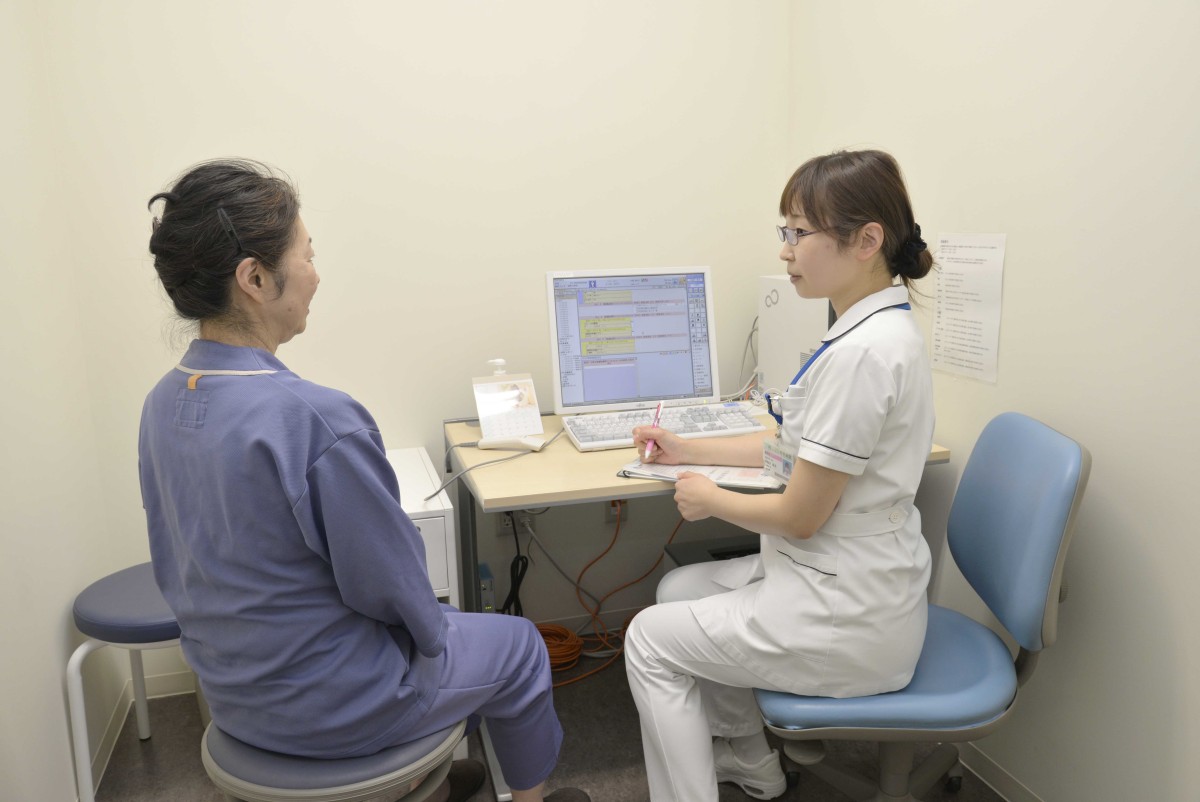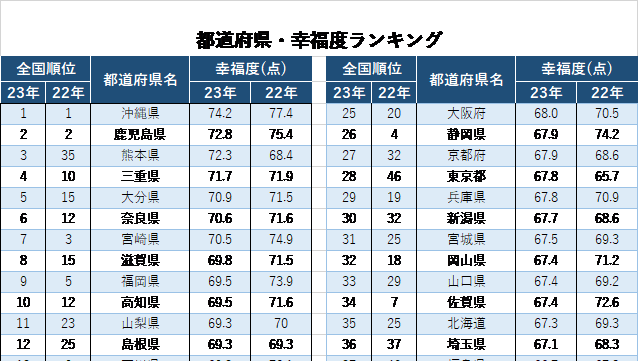Sometimes, what is considered normal in Japan may not be appropriate overseas. For example, in Japan, holding a bowl while eating is seen as good etiquette, but in some foreign countries, it may be considered rude.
Therefore, we conducted a survey among foreigners living in Japan to discover the aspects of Japanese culture that surprised them when they first arrived, customs they found unusual and could not accept in their own countries, and other taboos abroad.
We will present the most commonly mentioned cultural shocks in the form of a ranking.
Surprising? Ranking of "Japanese Common Knowledge" that Amazes Foreigners
No. 10: Are Fewer People Getting Dental Braces?

In Europe and America, many people undergo orthodontic treatment during their childhood because having "straight teeth" is seen as part of personal appearance. However, in Japan, fewer people seem to be conscious of having straight teeth like in Europe and America, so Americans seem to wonder why they don't get their teeth straightened.
"I thought in Japan, there would be a lot of people with crooked teeth, including politicians, company presidents, and successful individuals. Americans have a habit of undergoing orthodontic treatment at a young age and visit the dentist every six months for cleaning and dental check-ups. This was a cultural shock for me." (From the United States)
No. 9: Don't People Greet When Entering a Store?
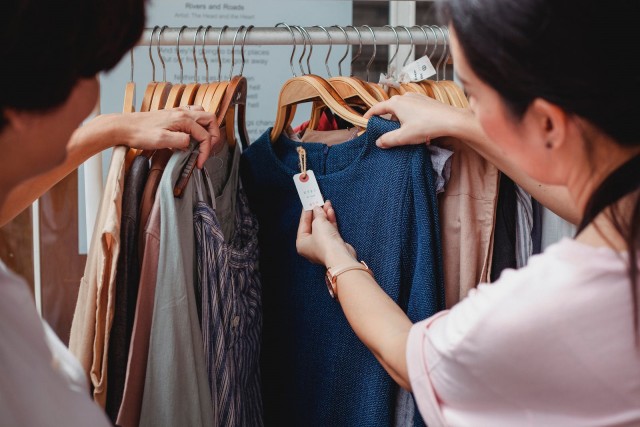
"What surprised me is that in Japan, people in stores don't say 'hello' or 'goodbye.' When shopping in the Czech Republic, not only do you have to greet the shop staff, but you also have to greet other customers." (From the Czech Republic)
In Japan, it's not considered strange if customers don't respond to the store staff's welcome. In fact, it's relatively uncommon for people to greet each other unless they are regular customers.
"Whenever I enter a store, I always hear the greeting 'welcome,' which surprised me." (From Thailand)
In many foreign countries, it seems that people tend to greet customers from the same perspective, such as saying "good morning" or "hello," rather than using "welcome" as in Japan.
No. 8: Many Stores Do Not Support Cashless Payments
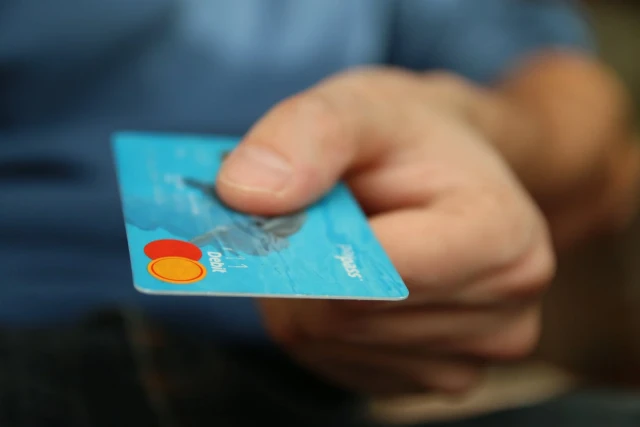
"Japan still has many stores that don't accept credit cards. It's frustrating in this cashless era!" (From South Korea)
South Korea is an advanced cashless society with the highest cashless payment rate globally.
The reason for this phenomenon in Japan is that it possesses all the conditions to make people willing to use credit cards, such as efforts by the government to promote credit card usage and reduce fees.
The Japanese government has also set a key performance indicator of "increasing the cashless payment ratio to 40% by 2025," making it more convenient for foreign tourists to visit Japan in the future.
No. 7: Strict Adherence to Traffic Rules
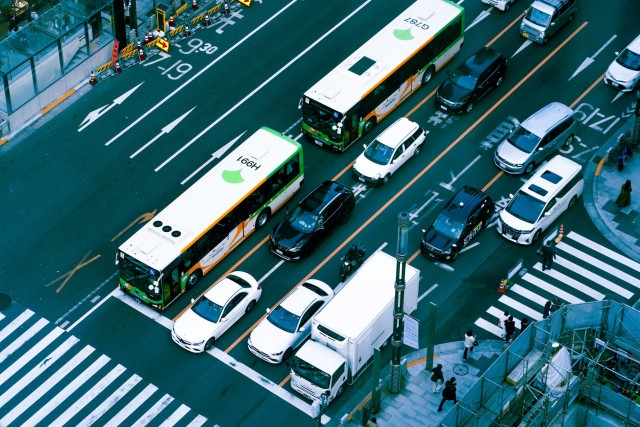
"Japan has strict traffic rules, and it's surprising that everyone follows them!" (From the Philippines)
"I was amazed to see everyone obeying traffic lights and using pedestrian crossings. Thailand also has traffic lights, but cars and motorcycles take precedence over pedestrians... even when the light is green, you can't cross the road." (From Thailand)
In many countries, it's difficult to safely cross even when the traffic light is green due to different traffic rules in various cultures.
In some areas of Thailand, police are responsible for changing traffic lights, and it's said that it can be challenging to read the blinking time of traffic lights. In contrast, Japan's carefully calculated traffic lights appear to have an advantage.
Additionally, there were some comments regarding the use of escalators:
"I never thought about standing on one side of the escalator! All Japanese naturally follow the rules." (From Thailand)
"Escalators in Taiwan are usually on the right side, but in Tokyo, they are on the left!" (From Taiwan)
No. 6: Do You Bathe Together with Family and Friends?
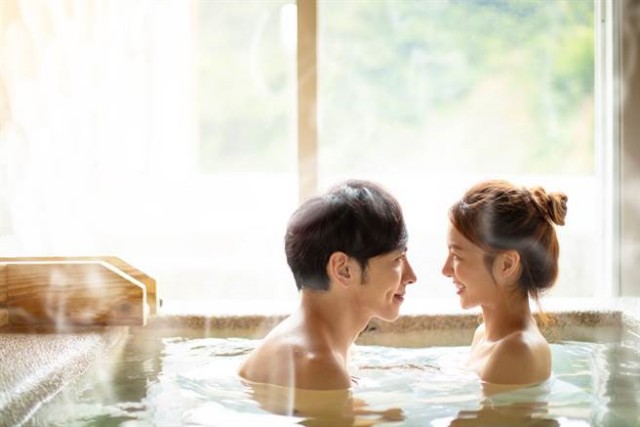
Hot springs are a celebrated part of Japan's culture, but many foreigners feel uncomfortable bathing naked with family and friends.
"I like soaking in hot springs, but being completely naked in a public bathhouse makes me uncomfortable. Plus, I don't want to go in with family and friends... I think the bathing culture is different." (From France)
No. 5: Strong Sense of Self-Sacrifice
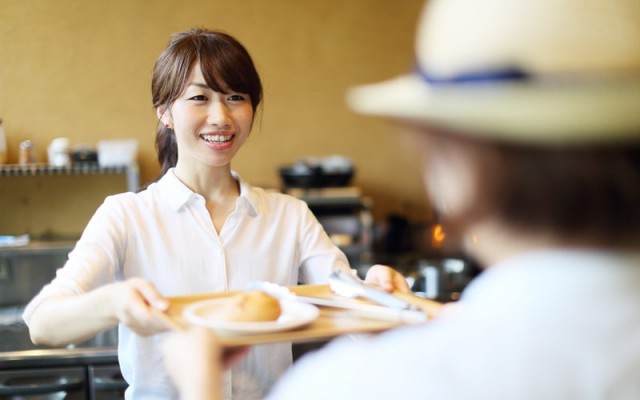
"I feel like many Japanese people think, 'I can endure it,' even when they disagree. Cuba doesn't have a culture of following rules like Japan, so you must stand your ground and act according to your will." (From Cuba)
"For everyone, saying 'thank you' immediately might be a good thing, but I think it's not your fault if you don't say it right away!" (From Argentina)
"Even if the train is only one minute late, hearing an apology announcement still surprises me! But I feel like there's no need for further apologies." (From France)
"I was surprised to see cashiers at supermarkets and other places standing all the time. It's a job that can be done while sitting, so I don't think you have to stand all the time." (From the Czech Republic)
"Despite the lack of a tipping culture, the way Japanese people go above and beyond to serve customers is amazing. All the stores are clean and well-organized, and department stores even provide me with luxurious packaging, which left a deep impression on me." (From Cuba)
Japanese behavior often revolves around the world and others. Service industry workers often say, "Treat the customer as God," which may be unique to Japan.
No. 4: Strict Rules for Working Adults...
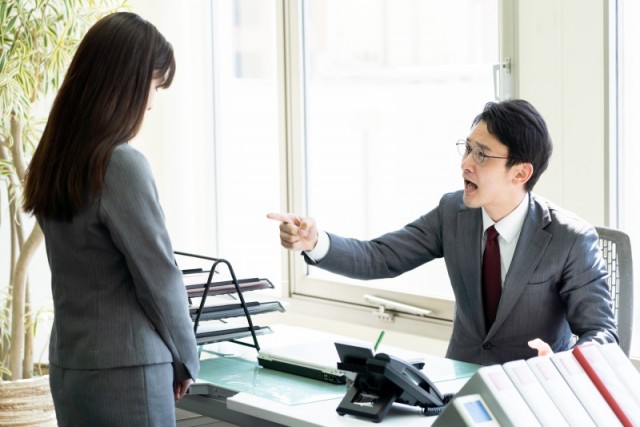
No. 5: Strong Sense of Self-Sacrifice
"I feel like many Japanese people think, 'I can endure it,' even when they disagree. Cuba doesn't have a culture of following rules like Japan, so you must stand your ground and act according to your will." (From Cuba)
"For everyone, saying 'thank you' immediately might be a good thing, but I think it's not your fault if you don't say it right away!" (From Argentina)
"Even if the train is only one minute late, hearing an apology announcement still surprises me! But I feel like there's no need for further apologies." (From France)
"I was surprised to see cashiers at supermarkets and other places standing all the time. It's a job that can be done while sitting, so I don't think you have to stand all the time." (From the Czech Republic)
"Despite the lack of a tipping culture, the way Japanese people go above and beyond to serve customers is amazing. All the stores are clean and well-organized, and department stores even provide me with luxurious packaging, which left a deep impression on me." (From Cuba)
Japanese behavior often revolves around the world and others. Service industry workers often say, "Treat the customer as God," which may be unique to Japan.
No. 4: Strict Rules for Working Adults...
"I was surprised by so many rules, like seating arrangements at company parties based on hierarchy and not touching your drink in front of the boss. I didn't even know there was a seating order in taxis..." (From Taiwan)
There are some so-called "rules for working adults" that even Japanese working adults find confusing.
"Japanese people always wear suits, even in the office. During the COVID-19 pandemic, it was great that people could work remotely from home, but when they told me to wear a suit even during Zoom meetings, I laughed." (From the United States)
Since the introduction of "Cool Biz," Japan has allowed more companies to let employees wear casual clothing to work, but some companies around the world may still be stricter about this.
No. 3: Do You Take Off Your Shoes in Public Places?
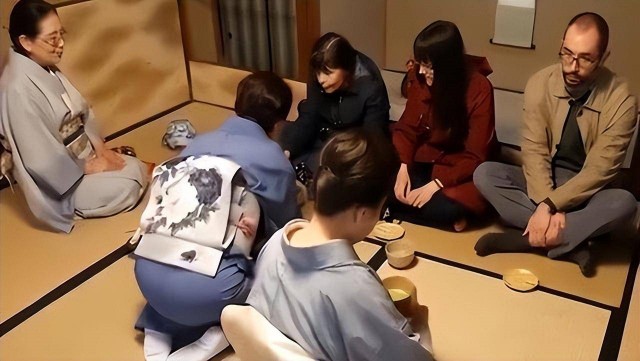
Japan is famously a country where people don't wear shoes indoors, and there are opportunities to take off your shoes in places like restaurants, which is truly incredible! It seems that many people have this feeling.
"When I went to an izakaya (Japanese pub), it was a place to take off your shoes in a tatami room. I was surprised because in my home country, there's no culture of taking off shoes when going out. I felt embarrassed showing my socks (laughs)." (From France)
"I know you must take off your shoes indoors, but honestly, I find it painful to change into another pair of slippers in the bathroom. But does that mean I'm managing my hygiene correctly?" (From the United States)
Additionally, in Thailand, it's considered very rude to point your feet at others, whether you're wearing shoes or not.
"If you're sitting behind the driver on a bus, you shouldn't cross your legs or put your feet up on the wall, even if there's a wall separating you." (From Thailand)
In Japan, sitting on top of someone is seen as impolite, but in some countries, showing the soles of your feet to others is considered impolite. There are many opportunities to expose your legs indoors in Japan, so you should be careful when interacting with people from other countries.
No. 2: Do You Drink Water without Blowing Your Nose?

In some countries, making bodily sounds is not allowed. So, not only is farting or burping considered unpleasant and even illegal for anyone, but drinking water without blowing your nose when you have a runny nose is also seen as impolite. Making noise while sucking or slurping can make those around you uncomfortable.
"In Argentina, people don't like to blow their noses. Making loud sounds or drinking water would make it even dirtier, so people even blow their noses while eating." (From Argentina)
"When I was on a train in Japan, I was surprised to see people around me blowing their noses. In the Czech Republic, having a runny nose is considered not good, and if you have a runny nose, you'll be told to blow it and it's normal to blow your nose in designated places." (From the Czech Republic)
This might be tough for people with allergies, but on the other hand, they say, "You can blow your nose even in public places!" So, feel free to do so.
No. 1: Making Noise While Eating Noodles
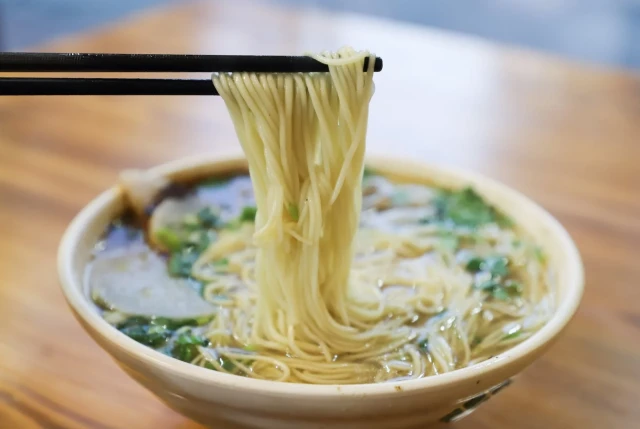
The idea that received the most comments is "making noise while eating noodles."
In Japan, there is a culture of eating noodles like ramen and soba, but if you eat them this way overseas, it may be considered impolite, much like blowing your nose.
"When I was at a restaurant and saw people slurping noodles, I was shocked. In the United States, this is considered rude and you might even be asked to leave the restaurant. However, it's a difficult custom that only insiders can understand." "I guess that's how it is, but I also think it's part of Japan's unique culture." (From the United States)
"Even in the United States, in areas with a larger Asian population, you can see people slurping noodles. But in inland states, you might be suspicious, so you should be careful." (From the United States)
"In France, making noise while eating is considered unethical." (From France)
"When I first came to Japan, I thought eating ramen and soba like that was impossible. My home country has many Asian people, but I don't think anyone eats like the Japanese. That's because I had never seen it before, and many New Zealanders probably haven't eaten it from birth!" (From New Zealand)
Nissin Foods' Cup Noodles are developing products suitable for various dietary cultures in different countries, such as "short noodles" and "soupless" options for overseas markets that don't require rinsing.
However, you can enjoy the aroma by slurping soba noodles, so I highly recommend trying it when eating soba noodles in Japan. On the other hand, there are some unique customs and cultures that are not accepted in Japan but may be accepted in other countries.
Rules Uncommon in Japan
Less Strict Public Place Rules
"People aren't as conscious of cellphone etiquette as they are in Japan. Movie theaters are the only places where it's strictly observed, but there aren't strict rules elsewhere. Even if there are rules, some people don't follow them." (From the United States)
"In French museums, you're free to take photos of artworks." (From France)
Restaurants Don't Provide Water
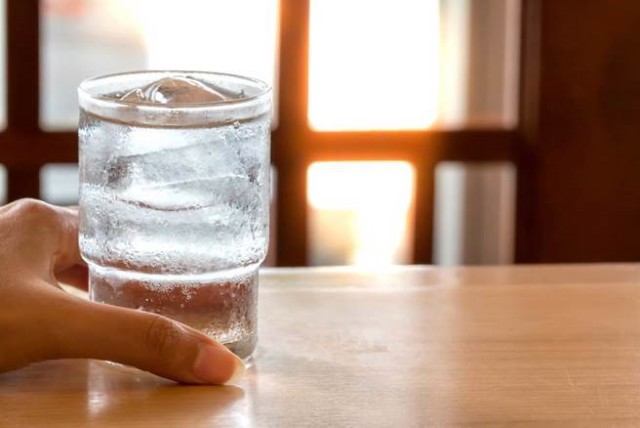
"In Japan, restaurants give you water for free, but in Taiwan, you never get water." (From Taiwan)
In Taiwan, it's not recommended to drink tap water for hygiene reasons, so unless you buy bottled water, you won't get water.
I Can't Flush Toilet Paper
Furthermore, in Taiwan, it's common to throw used toilet paper in the trash instead of flushing it down the toilet.
"There are many reasons why it can't be flushed, such as low water pressure and toilet paper not dissolving in water. However, there are more toilets that can flush it now than before." (From Taiwan)
Monks Are Not Allowed to Speak with Women
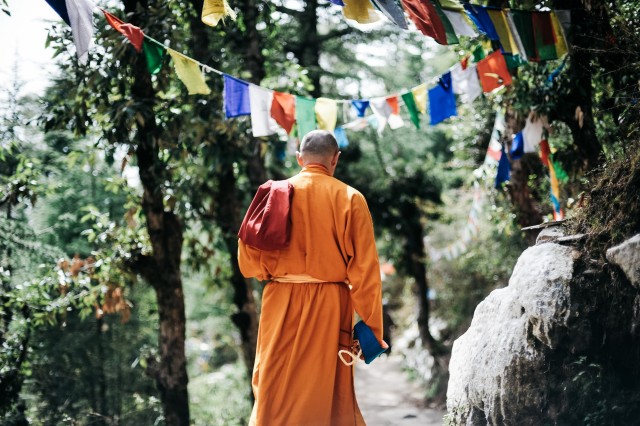
In Thailand, monks are not even allowed to touch women, let alone marry like Japanese monks.
"Monks are not allowed to speak with women, and in public places like trains, buses, airports, they are also prohibited from sitting next to women. So many places reserve seats for monks. Those are seats regular people can't sit in." (From Thailand)
This time, we discussed many unique customs and cultural aspects of other countries from the perspective of foreigners, including "customs that surprised us" and "cultures that surprised us when we came to Japan."
Even in everyday life, some behaviors are taboo in different countries. However, understanding different cultures and values is the first step towards gaining knowledge. It would be ideal if we could enjoy each other's differences, as respecting and experiencing different cultures is a wonderful thing.
